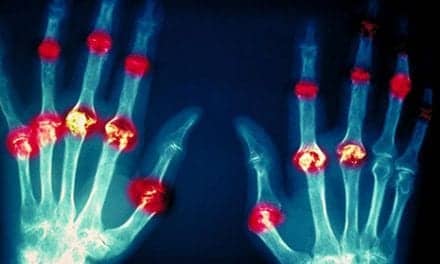Exercise science researchers from Brigham Young University suggest that T-cells may help facilitate repair of muscles that are sore after a post-break workout, helping to make the second trip back to the gym less painful.
The study, which appears recently in Frontiers in Physiology, builds on past studies that implicate immune cells in muscle healing. One of which was a 2013 study from Harvard University showing T-cells active in the skeletal muscles of mice (but not yet humans) after injury.
In the new study from Brigham Young University, researchers put 14 men and women through two vigorous rounds of exercise on an isokinetic dynamometer machine, 28 days apart. Before and after each bout of exercise, the team took muscle biopsies from the subjects and then used immunohistochemistry and microscopy to analyze the muscle tissue.
In reviewing the study, the BYU group found an expected increase in certain white blood cells after the second bout of exercise. However, they identified the T-cells’ role after it was suggested by Amanda Gier, one of two undergraduate coauthors on the paper, who was enrolled in an immunology course at the time, explains a media release from Brigham Young University.
The presence of the T-cells suggests that muscles become more effective at recruiting immune cells following a second bout of exercise and that these cells may facilitate accelerated repair. In other words, the muscle seems to remember the damaging insult and reacts similarly to when the immune system responds to antigens—toxins, bacteria or viruses, the release continues.
The BYU team also suggests that inflammation increased after the second round of exercise. Robert Hyldahl—assistant professor of exercise science at BYU—as well as his students and many physiologists, have long thought that inflammation decreases after the second bout of exercise, contributing to that “less sore” effect.
Instead, the slightly enhanced inflammatory response suggests inflammation itself probably does not worsen exercise-induced muscle damage, per the release.
“Some people take anti-inflammatory drugs such as Ibuprofen and Aspirin after a workout, but our study shows it may not actually be effective. The inflammation may not be directly causing the pain, since we see that muscle soreness is reduced concurrent with increases in inflammation,” Hyldahl adds in the release.
[Source(s): Brigham Young University, Science Daily]





